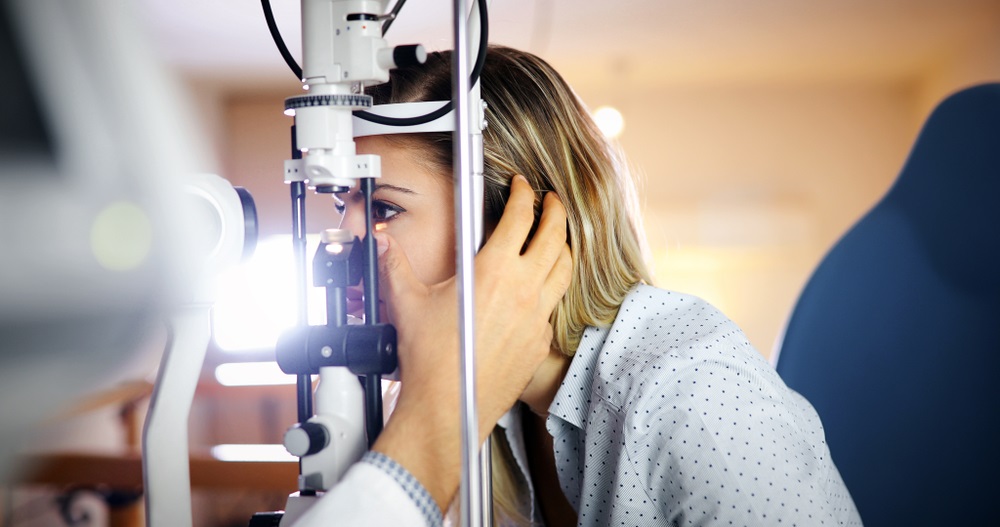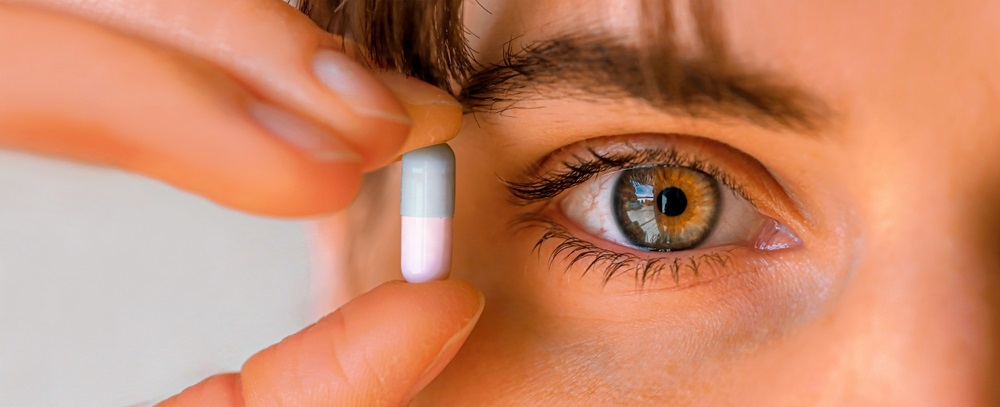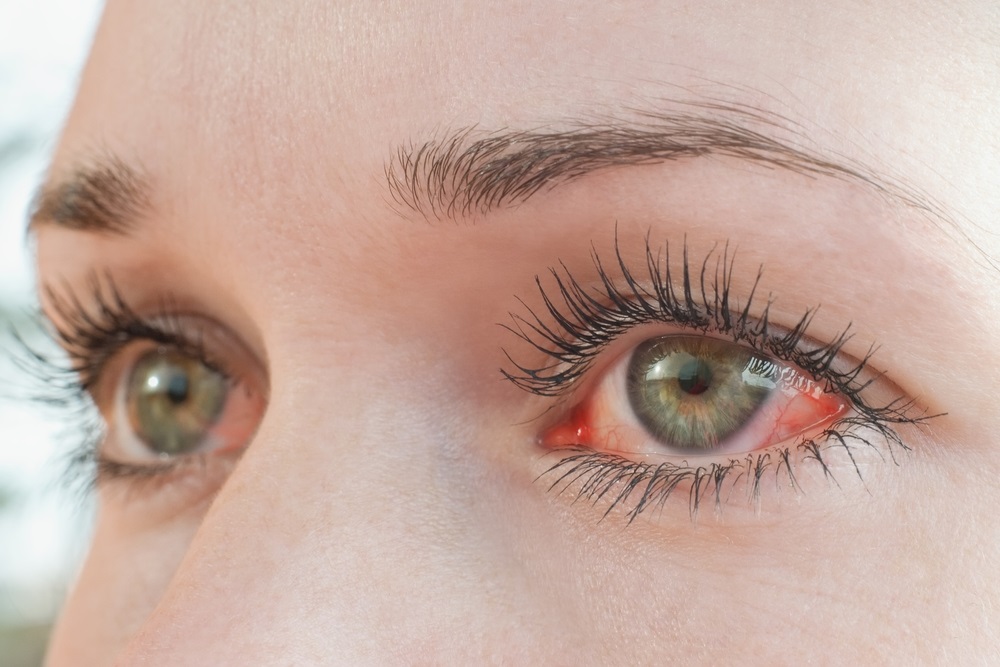Eye allergies, a common ailment affecting people worldwide, occur when the eyes react to allergens such as pollen, dust, or pet dander. Recognizing the symptoms and effectively managing them is crucial for maintaining eye health.
Contents
- 1 Identifying Common Symptoms
- 2 The Role of Environmental Triggers
- 3 Practical Tips for Managing Eye Allergies
- 4 Effective Management Strategies: Taking Charge of Your Eye Health
- 5 Understanding the Role of Medications
- 6 Nurturing Eye Health Through Nutritional Choices
- 7 FAQs
- 7.1 Can eye allergies lead to permanent damage?
- 7.2 Are all eye allergy medications available over the counter?
- 7.3 Can contact lenses worsen eye allergy symptoms?
- 7.4 Is there a natural remedy for soothing eye allergy symptoms?
- 7.5 How often should I visit an eye care professional for allergy-related concerns?
- 8 Conclusion
Identifying Common Symptoms
Identifying common eye allergy symptoms is essential for maintaining eye comfort and well-being. Suppose such problems are something you encounter regularly. In that case, you should speak with an allergist or an eye specialist to determine which allergy is causing your symptoms and to discuss appropriate treatment options.
Redness and Itching
One of the primary indicators of eye allergies is persistent redness accompanied by itching. Understanding these signs can help in early detection.
Watery Eyes
Excessive tearing or watery eyes are common manifestations of an allergic reaction. Recognizing this symptom aids in prompt management.
Swelling and Inflammation
Allergies often lead to swelling and inflammation around the eyes. Knowing how to differentiate this from other conditions is vital.
The Role of Environmental Triggers
Various factors in our surroundings can trigger environmental eye allergies. Common environmental allergens include pollen from trees, grasses, weeds, dust mites, pet dander, and mold spores. Allergy responses in the eyes may result from certain allergens, which can cause watery, red, and itchy eyes. Identifying and minimizing contact with these environmental triggers, especially during peak allergy seasons, can help individuals manage and reduce the discomfort caused by environmental eye allergies.
Pollen Allergies
Understanding the impact of pollen on eye health is crucial, especially during peak seasons. Learn how to minimize exposure and protect your eyes.
Dust and Mites
Exploring the connection between dust, mites, and eye allergies helps create an allergen-free environment. Discover effective strategies for a cleaner living space.
Practical Tips for Managing Eye Allergies
Incorporating this advice into your everyday practice can significantly improve general eye health and reduce symptoms associated with eye allergies. Firstly, consider creating an allergen-free zone at home by regularly cleaning and using air purifiers to minimize airborne particles. Furthermore, maintaining proper hygiene—such as routinely washing your hands—can stop allergens from getting into your eyes.

Wear wraparound sunglasses outside, especially in heavy pollen seasons, to protect your eyes from allergens. Implementing dietary changes, like omega-3-rich foods, can reduce inflammation and promote eye wellness. Lastly, resist the urge to rub your eyes, which can exacerbate allergic reactions. By incorporating these useful suggestions into your everyday routine, you can better manage and lessen the effects of common eye allergies.
Allergy-Proof Your Home
Implementing changes in your living space can significantly reduce allergen exposure. From air purifiers to hypoallergenic bedding, we delve into effective strategies.
Eye Drops and Medications
Explore the world of over-the-counter and prescription medications designed to alleviate eye allergy symptoms. Know when to seek professional advice for optimal relief.
Warm Compresses for Soothing Relief
Discover the therapeutic benefits of warm compresses in reducing eye irritation. Learn the correct techniques for incorporating this simple yet effective remedy.
Effective Management Strategies: Taking Charge of Your Eye Health
Managing your eye health effectively involves adopting proactive strategies to protect and enhance your vision. Here are some effective management strategies to take charge of your eye health:
Seeking Professional Advice
When symptoms persist, it’s vital to consult an eye care professional. They can do tests to pinpoint particular allergens and recommend the right drugs.

Allergy-Proofing Your Environment
Maintaining a clean environment is crucial for minimizing allergen exposure. Consider the following steps:
Regular Cleaning: Keep your living space clean to reduce exposure to dust and allergens.
Air Purifiers
Invest in air purifiers to minimize airborne allergens and create a healthier environment.
Allergen-Proof Bedding
Opt for allergen-proof bedding to create a haven for your eyes during sleep.
Humidity Control
Limit the air’s moisture since it might promote mold formation, another frequent allergen that irritates the eyes.
Lifestyle Modifications for Long-Term Relief
In addition to environmental changes, certain lifestyle modifications can contribute to long-term relief:
Wearing Sunglasses
Wear sunglasses to protect your eyes from outdoor allergens.
Avoiding Rubbing
While tempting, rubbing your eyes exacerbates allergic reactions. Resist the urge!
Dietary Adjustments
Research indicates eating fish, which is high in omega-3 fatty acids, may help lessen the symptoms of ocular allergies.
Stay Hydrated
Drinking plenty of water can help flush out toxins and reduce the impact of allergens.
Understanding the Role of Medications
Medications for managing eye allergies include antihistamine and decongestant eye drops, which quickly relieve itching, redness, swelling, and puffiness. Mast cell stabilizers offer a longer-term solution by preventing histamine release. In some cases, oral antihistamines may be recommended. After consulting with an eye care specialist, the best treatment should be chosen, considering each patient’s unique symptoms and severity.

Maintaining eye health over time and getting the best benefits from therapy depend on following the recommended regimen. Medication is an essential part of treating ocular allergies and modifying lifestyle choices. Several options that are frequently advised include:
Antihistamine Eye Drops
These can alleviate itching and redness.
Decongestant Eye Drops
To reduce swelling and puffiness.
Mast Cell Stabilizers
These prevent the release of histamines, offering long-term relief.
Oral Antihistamines
In some cases, oral medications may be recommended for comprehensive allergy management.
Nurturing Eye Health Through Nutritional Choices
Proper nutrition plays a pivotal role in overall eye health. Consider incorporating the following into your diet:
Vitamin A-Rich Foods
Carrots, sweet potatoes, and leafy greens contribute to maintaining healthy eyes.
Omega-3 Fatty Acids
Found in fish, flaxseeds, and chia seeds, omega-3s support eye health.
Vitamin C and E
Citrus fruits, berries, and nuts contain these essential vitamins, promoting eye wellness.
FAQs
Can eye allergies lead to permanent damage?
While eye allergies can cause significant discomfort, they typically do not result in permanent damage. However, chronic untreated allergies may contribute to other eye conditions, emphasizing the importance of timely management.
Are all eye allergy medications available over the counter?
Many eye allergy medications are available over the counter, providing accessible relief. However, severe cases may require prescription medications, necessitating consultation with an eye care professional.
Can contact lenses worsen eye allergy symptoms?
Contact lens wearers may experience increased sensitivity during allergy season. Proper lens hygiene and consulting an eye care specialist can help manage symptoms and ensure comfortable wearing.
Is there a natural remedy for soothing eye allergy symptoms?
Some individuals find relief through natural remedies like cold compresses, chamomile tea bags, or saline eye drops. However, consulting a healthcare professional before relying solely on these methods is crucial.
You must undergo routine eye exams, especially if you experience allergy symptoms. Eye care specialists can evaluate your situation, make customized recommendations, and guarantee eye health.
Conclusion
In wrapping up our exploration of eye allergies, remember that proactive management is the key to a more comfortable and symptom-free life. Combining professional guidance with simple lifestyle adjustments will pave the way for a clearer, healthier vision. Stay informed, prioritize eye health, and bid farewell to the discomfort of common eye allergies in Faro Optometry for a future with brighter and allergy-free eyes!

